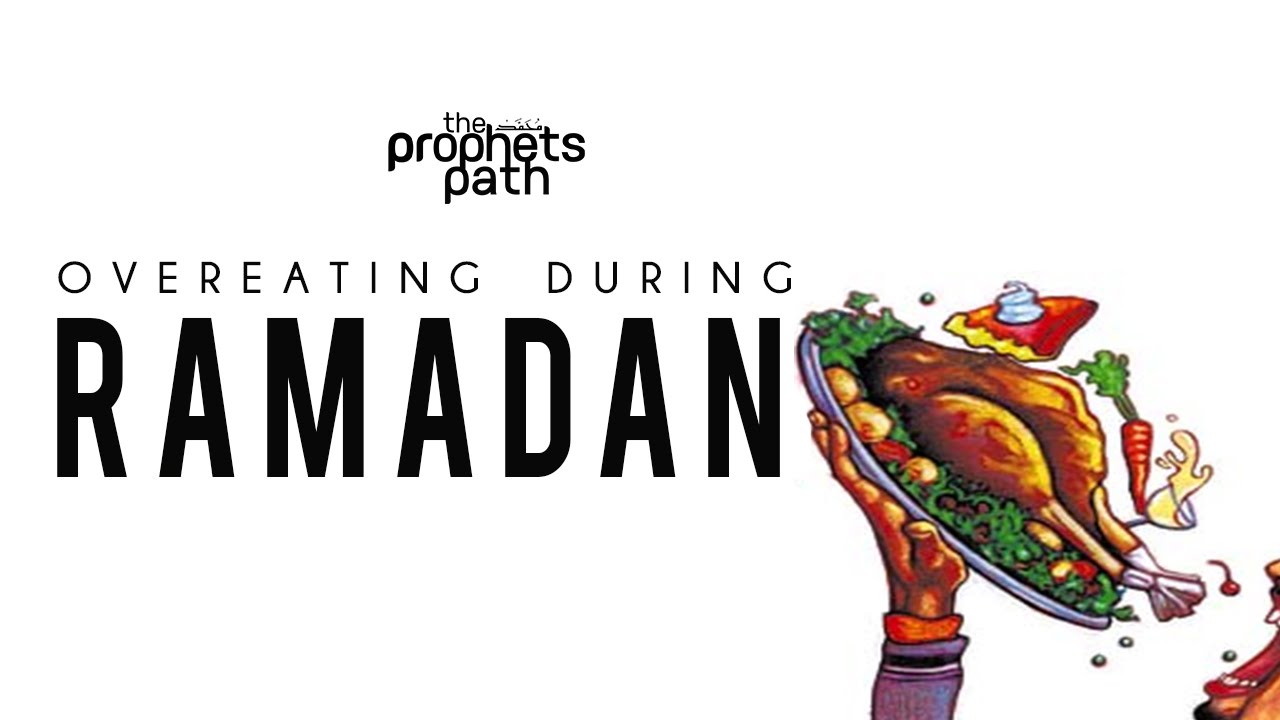Yes, we fast from food and drink but also from worldly desires, indecent behavior (such as wasting food and eating excessively), bad language etc. It is a month in which we increase our good deeds, our generosity, compassion and many forms of worship. A month in which we seek to form beneficial habits that will refine our character as human beings for the coming year. It is a month of spiritual cleansing that has very little to do with food.
Ramadan can also be a month of physical cleansing because intermittent fasting is actually good for you! With that said, there are ways in which we can form unhealthy habits during Ramadan. For example, overeating, being wasteful and or eating the wrong things before and after a day fasting.
Overeating and binging on unhealthy foods during Ramadan (and throughout life in general) is bad for your health. It can lead to abdominal pain, sleepiness, heartburn, stomach cramp and gastritis, among other negative side effects.
1. Eat Suhoor!
Suhoor is very important. Eating the correct foods will provide you with energy throughout the day and curve the feeling of wanting to stuff your face with everything in sight at iftar.
2. Don’t bite off more than you can chew.
Iftar arrives and your empty stomach is telling you to pack your plate. Bring on the post-fasting gluttony. DON’T LISTEN. It’s a trick! Your stomach will actually be content with smaller portions if you eat less. Don’t force food into a content stomach or waste it when you realize you can’t finish it. Simply lessen the amount you take and eat healthier foods.
3. Break your fast with something light.
Go figure, breaking your fast with dates is a perfect choice and along with being Sunnah (which we’ve already covered is better) has health benefits. Follow up with water (hydrating is super important), maybe some soup and a small portion of whatever you prepared for dinner.
4. Be conscious
Try to pay attention to what your body is telling you. You may be hungry come iftar but once you break your fast, you’ll find your stomach doesn’t share the same ravenous hunger as your eyes. Try to make a conscious effort to not overeat.
5. Iftar at home
Eat at home now and then and make an effort to prepare a healthy and light meal.
/106

